With Sundance wrapped up, much of February’s attention toward the world of cinema will be on Berlinale. This month certainly isn’t stacked for new releases, but there’s a handful of gems and highlights worth having on your radar.
11. Bring Them Down (Christopher Andrews; Feb. 7)
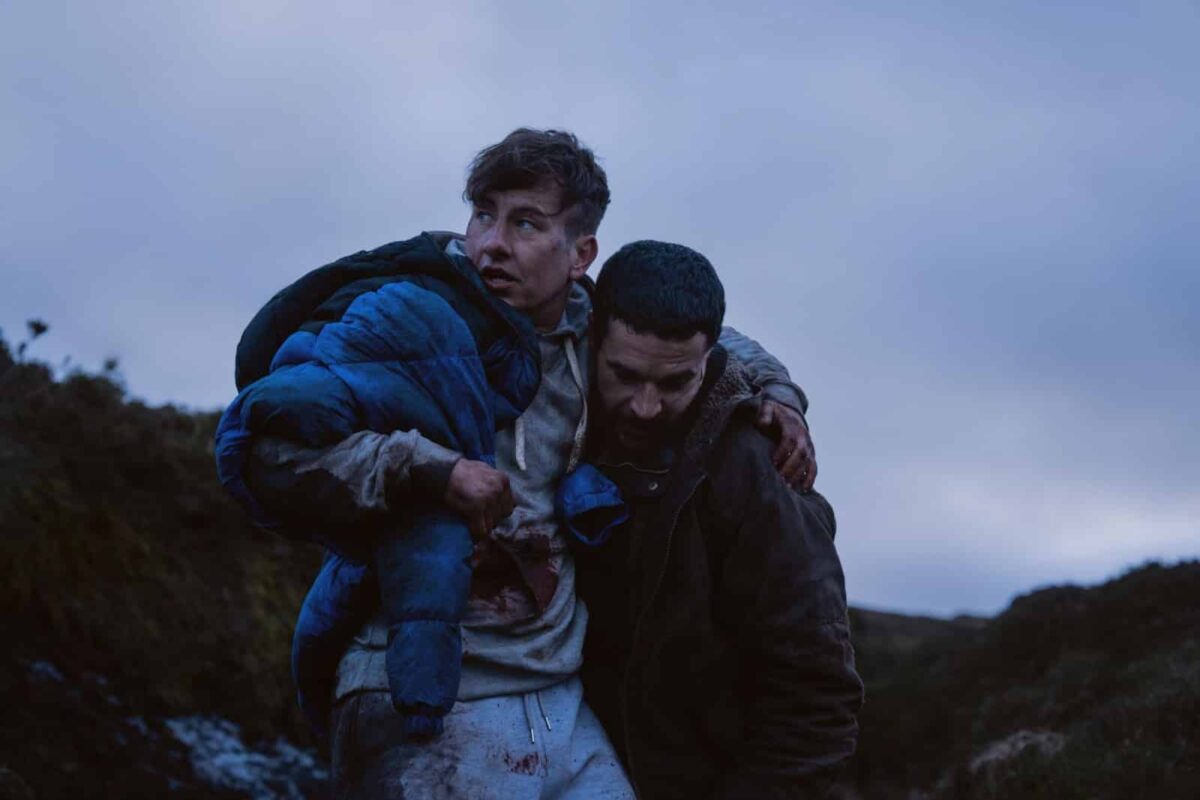
Premiering at TIFF last fall, the Barry Keoghan- and Christopher Abbott-led gritty revenge thriller Bring Them Down marks the directorial debut from Christopher Andrews. Christopher Schobert said in his TIFF review, “It’s occasionally compelling thanks to its haunting, almost otherworldly locations in Ireland. Mainly, though, what stands out are performances of the ever-intense Christopher Abbott, Nora-Jane Noone, and, most notably, Barry Keoghan. But the actors serve a drama that is relentlessly violent and thoroughly unpleasant. It’s a testament to these performers that they make so much of so little.”
10. Jazzy (Morrisa Maltz; Feb. 7)

Expanding the cinematic universe of her debut The Unknown Country, Morrisa Maltz’s Jazzy premiered at last year’s Tribeca Festival and will now arrive this month. With a cast including Jasmine Bearkiller Shangreaux and Syriah Fool Head Means, along with the return of Lily Gladstone, the film is described as a portrait of a group of friends “as relationships shift, change, and leave the dreamlike world of childhood behind.” John Fink said in his review, “For fans of The Unknown Country, the third act of Jazzy has a deep emotional resonance that I was not expecting: the return of Lily Gladstone’s Tana, here willing to share her wisdom with Jazzy. While that earlier film was about a solitary journey––a deliberately paced road movie that held a mirror up to ‘flyover’ country––Jazzy is less nomadic, equally impactful.”
9. The Monkey (Osgood Perkins; Feb. 21)
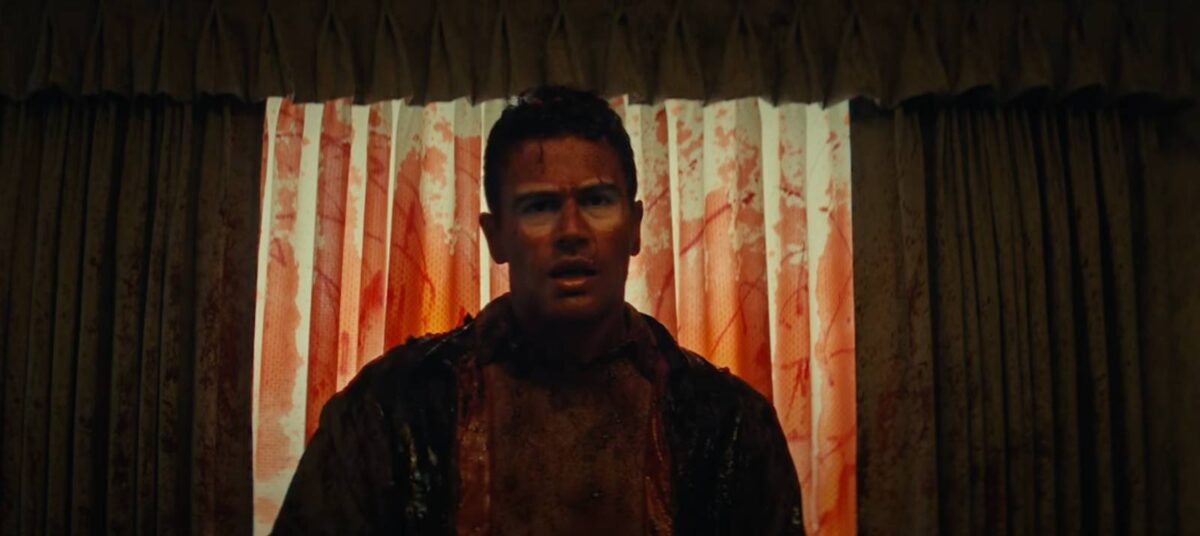
After Longlegs became indie horror’s biggest success story in years with a worldwide gross of over $125 million, NEON is, smartly, staying in the Osgood Perkins business. His next film, The Monkey, is based on Stephen King’s 1980 short story and stars Theo James, Tatiana Maslany, Elijah Wood, Christian Convery, Colin O’Brien, Rohan Campbell, and Sarah Levy. Early reactions hint at a more comedic tone far removed from Longlegs, and we look forward to seeing how Perkins changes things up here.
8. Sly Lives! (aka the Burden of Black Genius) (Ahmir “Questlove” Thompson; Feb. 13 on Hulu)
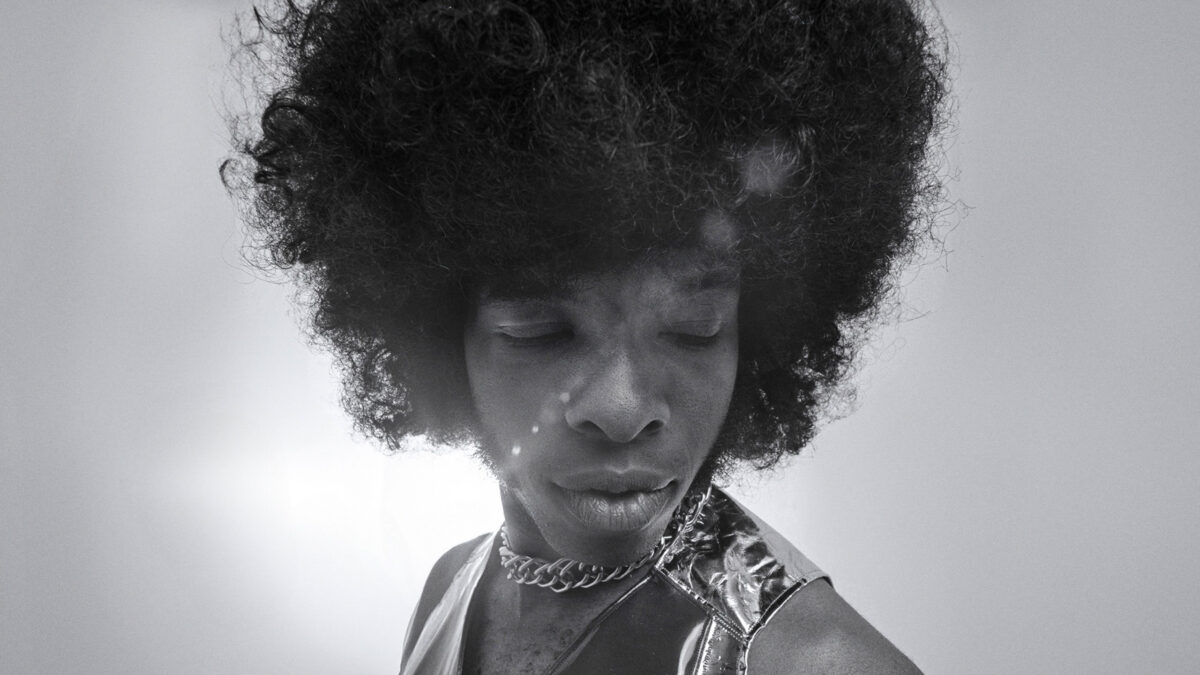
Four after his Oscar-winning documentary Summer of Soul (…Or, When the Revolution Could Not Be Televised), Ahmir “Questlove” Thompson returns with another documentary capturing Black music history. This time focusing in on the rapid rise and subsequent decline of one artist, Sly Lives! (aka the Burden of Black Genius) explores Sly Stone’s indelible contributions to the funk genre as frontman of Sly and the Family Stone. While the lineup of talking heads is no doubt impressive, from André 3000 to D’Angelo, one wishes the director probed a bit deeper into the thesis of his title rather than hitting the more conventional notes of the tried-and-true bio-doc form. Nonetheless, he honors Stone’s music in all the right ways and this one deserves to be played as loud as possible.
7. Paddington in Peru (Dougal Wilson; Feb. 14)

Breaking through the rare echelon of solid family entertainment to actually stand among some of the best films of their respective years, the Paddington franchise now returns with the third entry. This time Paul King is out as director, having unfortunately consumed his time with Wonka, while Dougal Wilson steps in. Alistair Ryder said in his review, “Arriving seven years after the first sequel, the already-impossible task of Paddington in Peru––to merely live up to its predecessors––has only become more of an uphill climb after much-frenzied anticipation and backlash. Divorcing director Dougal Wilson’s film from the hype and surprising amount of discourse surrounding it is a harder task than expected in this light. It’s clearly a disappointment compared to the two King-directed efforts, but is not without moments of comic inspiration, enjoyable supporting performances, and well-engineered adventure blockbuster set pieces. For much of the runtime I found myself trying to parse how I would feel on a second viewing, when I’d be less concerned with the fact that it doesn’t live up to Paddington 2. That was right up until it ended on a note that made it clear this film can’t help but live in the shadow of the films which came before.”
6. In the Lost Lands (Paul W.S. Anderson; Feb. 28)

It’s been eight years since Paul W.S. Anderson’s last proper theatrical release, but the vulgar auteur king is finally returning this month. Teaming with (who else) Milla Jovovich and Dave Bautista for a George R.R. Martin adaptation bodes well. The action-fantasy picture has yet to screen anywhere yet, but we hope that’ll satisfy a month otherwise lacking in spectacle. The film follows a witch who travels to the Lost Lands in search of a magical power that allows a person to transform into a werewolf.
5. The Quiet Ones (Frederik Louis Hviid; Feb. 21)
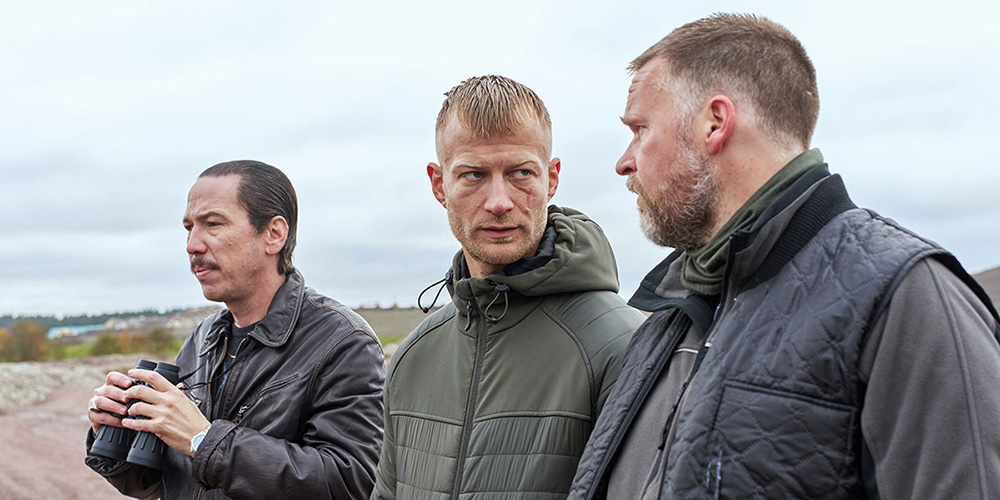
Premiering at TIFF last fall, Frederik Louis Hviid’s thrilling The Quiet Ones tells of the group that pulled off the largest heist in Danish history back in 2008. Jared Mobarak said in his TIFF review, “Based on the true story of Denmark’s largest-ever heist, The Quiet Ones does well to ensure we know the motivations of each major player from the start. Kasper is the family man interested in legacy––either via the sport he loves or the infamy of criminality. Slimani is a violent, control-driven man who has no qualms taking it by any means necessary. Maria (Amanda Collin) is a much smaller piece than those two, but her devotee of the law and the chase it affords her to pursue bad guys in the name of justice is no less important. Kasper wants to win; Slimani wants to kill; Maria wants to save the day.”
4. The Fishing Place (Rob Tregenza; Feb. 6)
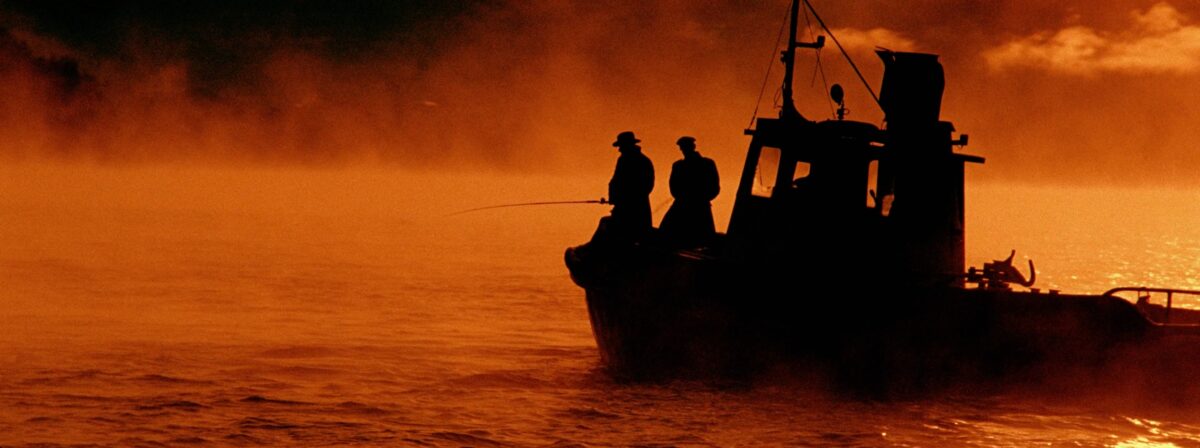
Film culture is finally catching up with Rob Tregenza, whose journey through cinema comprises four independent features of staggering vision (one being the sole film Godard produced outside his own direction), DP duties for Alex Cox and (with remarkable strife) Béla Tarr, and ambitions for a fifth film. Just two years since a career-spanning MoMA retrospective, the director’s made his first feature in nearly a decade, which he told Nick Newman combines a World War II tale with elaborate filming styles (read: lots of cranes) and a unique structure to recall his terrific debut Talking to Strangers. One can’t imagine many returns will be more welcome in 2025.
3. Armand (Halfdan Ullmann Tøndel; Feb. 7)
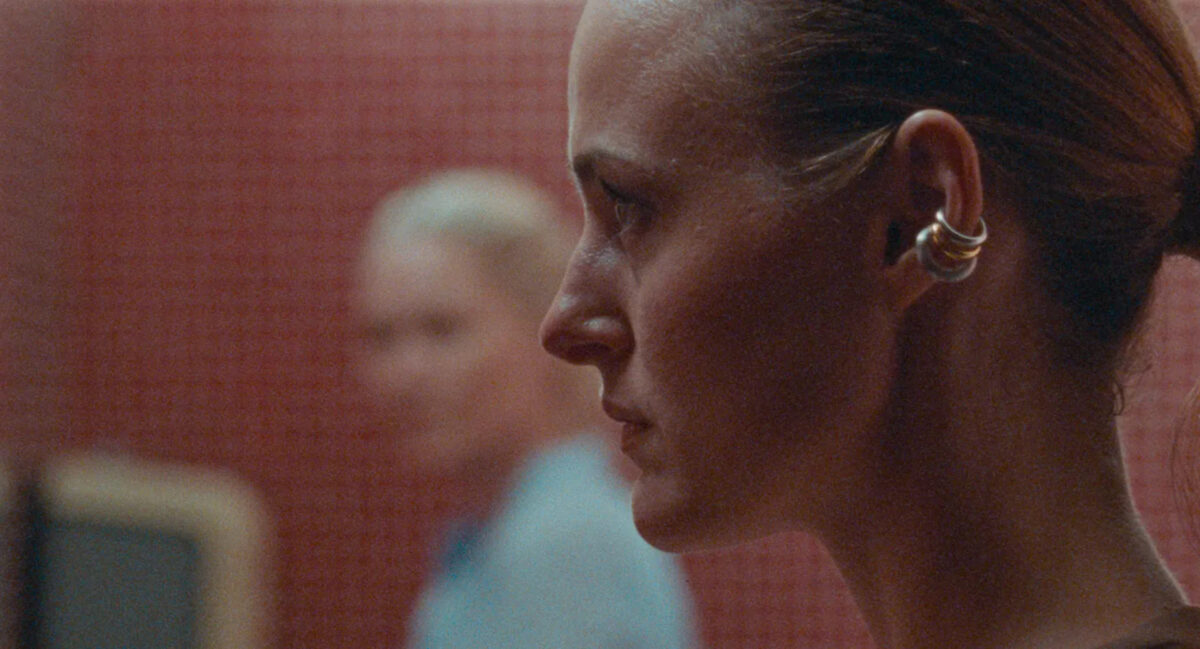
After her 2021 breakout with The Worst Person in the World, Renate Reinsve’s 2022 and 2023 seemed fairly quiet, but she was working on no shortage of projects that finally saw the light of day. Following A Different Man, Handling the Undead, Another End, and Presumed Innocent, she leads Armand, which marks the feature debut from Halfdan Ullmann Tøndel, grandson of Liv Ullmann and Ingmar Bergman. Savina Petkova said in her Cannes review of Norway’s selection for Best International Film, “How is a child’s life different from that of adults today? What is it like growing up around stimuli, in a world that is always-online, and with varying degrees of supervision? Is complete safeguarding even possible? These are questions contemporary cinema has been asking a lot in the last few years. Many classroom dramas, including 2023’s The Teacher’s Lounge, have explored complex ways the in-and-out-of-school dynamics intertwine, usually through the prism of a single incident. Armand, by Halfdan Ullmann Tønde, opts for that micro-as-macro approach and refuses to pass any judgment. As a result the film stays in this moral limbo between truth and lie, accusation and defense, instead zooming into its characters’ psychological states. Elisabeth (Renate Reinsve) has been summoned to an emergency parent-teacher meeting after her six-year-old son Armand is accused of crossing boundaries with his classmate Jon. What actually happened, we do not know.”
2. Broken Rage (Takeshi Kitano; Feb. 13 on Prime Video)

While we still await a U.S. debut for Takeshi Kitano’s samurai epic Kubi, his latest film is getting a worldwide release this month after premiering at the Venice Film Festival last fall. Leonardo Goi said in his Venice review, “Enter Broken Rage. Split into two chapters, the film kicks off as a crime thriller before switching tones altogether and revisiting the first part scene-by-scene in a more delirious light. Kitano stars in both as a gun-for-hire. Infallible in the first and hopelessly clumsy in the second, he’s ‘Mouse’ a hit man whose murderous routine is upended once cops recruit him to infiltrate a drug ring. Tonally distinct as they may be, humor permeates both parts. Even in the ostensibly more ‘serious’ first, Kitano’s script moves with a childlike logic: it only takes Mouse a couple of punches in a staged brawl with another mole to ingratiate himself with the mobsters he’s been asked to spy on. His killing-machine loner is a comic riff on the other unbeatable assassins he played in the past (think of Otomo, the thug of his Outrage saga). But the commitment to poking fun at his onscreen personas is something I hadn’t seen him do since 2005’s Takeshis’, a comedy that nonetheless spiraled into self-indulgent flights of fancy. Nothing farther from Broken Rage’s spirit. This isn’t just a wildly funny film––the kind that sent people around me at the press premiere into convulsed laughter just a few scenes in––but a pointed rebuke to the discourse that saw the director’s two impulses (popular comedy and artful seriousness) as opposite poles in a magnetic field.”
1. Universal Language (Matthew Rankin; Feb. 14)

Following his Guy Maddin-influenced debut The Twentieth Century, Matthew Rankin has returned five years later. Universal Language, which premiered at Cannes, marks quite an invigorating aesthetic pivot for the director, employing an Abbas-Kiarostami-meets-Wes-Anderson approach in telling a unique, Winnipeg-set tale. Rory O’Connor said in his review of the Oscar-shortlisted film, “Contrary to that exciting bustle of ideas, Universal Language‘s aesthetics are some of the most controlled in Rankin’s work. The film features diorama-like compositions that will call to mind both Wes and Roy Anders(s)on––a nice mix of the Texan’s sweet and the Swede’s dour––but any risk of twee is offset by the film’s naturalism and warmth: for all its surrealism, the world of Universal Language feels lived-in, and those lives feel consequential. It’s like nothing I’ve seen in Cannes this year.”
More Films to See
- Parthenope (Feb. 7)
- Rounding (Feb. 14)
- Millers in Marriage (Feb. 21)
- The Day the Earth Blew Up: A Looney Tunes Movie (Feb. 28)
- The Gorge (Feb. 28)
